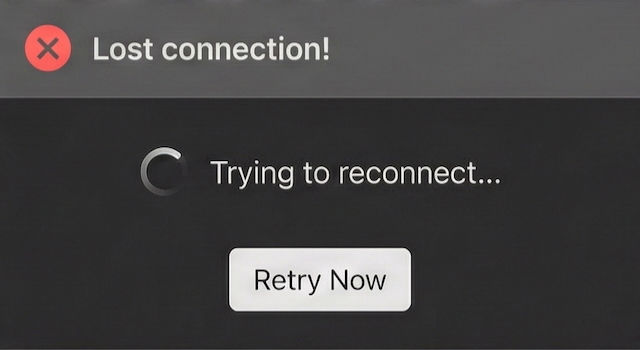Learning is a Rhythm.
- Doug Hawkins

- Oct 10, 2025
- 2 min read
In most organisations, learning still happens in bursts, like a half-day workshop here, a full-day session there. Everyone’s calendar is rearranged, work stops, and people sit in rooms absorbing slide after slide, participating in the event. Then they return to overflowing inboxes and deadlines that have only grown in their absence. Whatever learning happened is quickly buried.
It's not poor intention, it’s just habit. The standard reflex says “training equals time away.” But the truth is, that model is expensive, disruptive, and often ineffective. It’s also the reason many businesses, especially smaller ones, don't invest in learning. Budgets are tight, and pulling people from the work floor feels like a luxury they can’t afford.
But there’s another way.
Real learning doesn’t need a seminar room or a glossy workbook. It just needs rhythm; small, structured bursts of learning woven into the flow of work. Ten minutes of reflection in a team huddle. A focused, one-hour activity every fortnight. A practical tool for a leader to use with their team this week, not “someday.”
When learning happens this way, it becomes part of how work gets done, not a break from it. It builds capability without the cost and disruption of traditional programs. It also fits with what the science tells us: that retention improves when people learn in small doses, repeat, apply, and build on what they already know.
I learned this the hard way in my early days as a leader.
When I was working on a film sets, managing Production Assistants, we were constantly merging crews from different productions and backgrounds. Our production team would come together as independents, Union Members, local hires, studio staff, talent and studio execs, all on location and on-set for a few intense months to shoot a movie. We had to deliver fast. If I’d had access to short, practical learning tools in the beginning, something as simple as a 45-minute workshop on communication standards for shoots, it could have helped us find our rhythm much sooner. Instead, we learned through friction and fatigue.

The same thing happened when I helped open Community Natural Foods’ Chinook Market. We were a brand-new leadership team, in a new location, serving a brand-new community. There was no playbook. We worked hard, trusted each other, and were profitable within six weeks, but we built that success through instinct and grit, not structure. Looking back, a handful of short, well-designed activities to guide our collaboration could have made us stronger, faster.
That’s the gap I want to close.
Yzly was built on the belief that learning shouldn’t depend on scale or budget. It should belong to everyone, from film sets to factory floors, from startups to supermarkets. My goal is to use everything I’ve learned over two decades in L&D to create practical tools leaders can use immediately; small, evidence-based learning experiences that help teams connect, perform, and grow.
No inflated budgets. No theatre. Just meaningful learning, shared widely.
Because when learning becomes part of the work itself, small, steady, and accessible, it stops being a privilege. It becomes a practice, together.






Comments